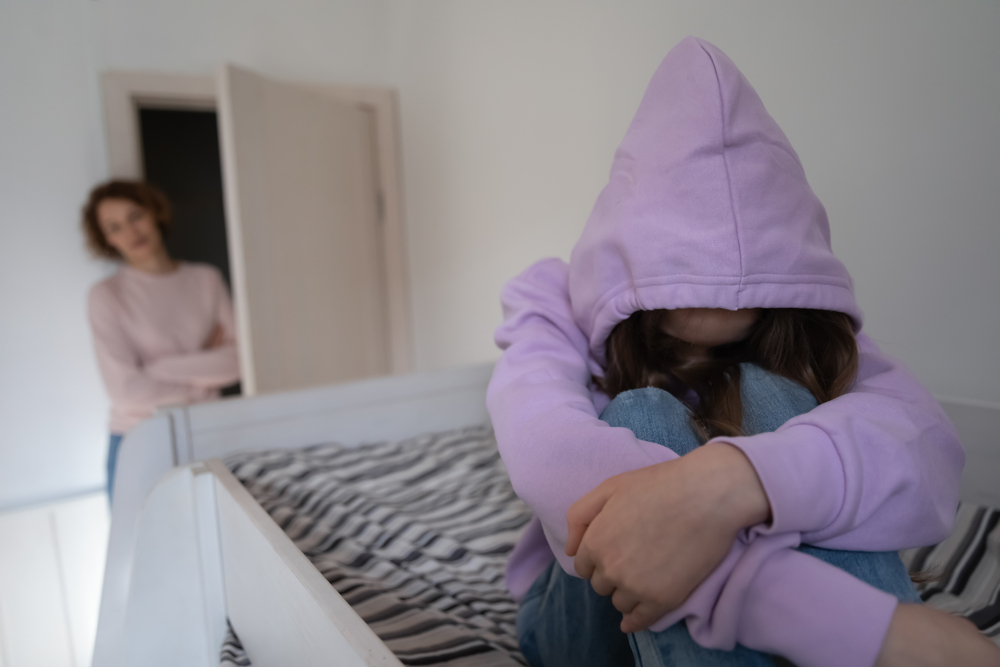Preface by David
This article is jam packed with statistics that documents the increase in mental health symptoms, particularly depression during this pandemic.
To those of us practicing clinicians, we would add anxiety and fear to the list. While the author Shim offered some societal recommendations, she added, “there is little evidence that preparation for the mental health implications of COVID-19 are under way.” We are on our own!
The take-away for us is that we can’t let ourselves deny or minimize symptoms. Individual emotional reactions to this crisis are unique to each of us. If you recognize yourself as having some of the symptoms listed in this article, consider exploring these with your physician or a mental health professional. While ‘hurting’ may best describe the reactions of many, ‘suffering’ is a more accurate description for some of us. Do what you need to do to maximize your own health. It benefits you and all those whom you touch.
David
An excerpt from the LA TIMES article highlighted by Yahoo News
Researchers report that the percentage of Americans experiencing symptoms of depression has tripled since the start of the COVID-19 pandemic.
The COVID-19 pandemic has touched pretty much every person in America — and it shows in the state of our mental health.
The prevalence of sleep troubles, lethargy, feelings of hopelessness and other depression symptoms in adults across the country has more than tripled since the pandemic began, according to a new study.
In the weeks after the outbreak prompted quarantines and stay-at-home orders, 27.8% of those surveyed had at least one symptom of depression. That compares to just 8.5% of people in 2017 and 2018.
And it’s not just that the proportion of people experiencing signs of depression had increased by mid-April — the burden of those symptoms increased as well. After the pandemic caused a radical shift in daily life, there were “fewer people with no symptoms and more people with more symptoms,” researchers wrote this week in the journal JAMA Network Open.
Source: Yahoo News | Signs of depression have tripled in the U.S. since the COVID-19 pandemic got underway


 6 Ways to Accommodate Your Spouse’s Anxiety
6 Ways to Accommodate Your Spouse’s Anxiety How Long Does Therapy Take?
How Long Does Therapy Take? Helping Kids Cope with Trauma and PTSD
Helping Kids Cope with Trauma and PTSD